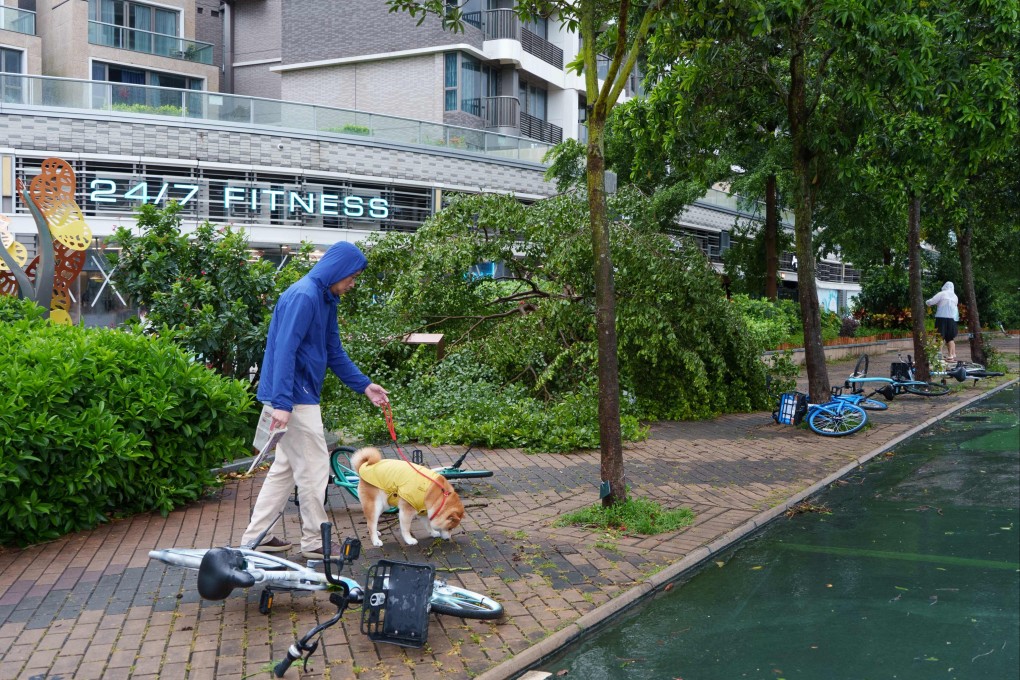Editorial | Proactive preparation is key to Hong Kong’s disaster resilience
The city’s ability to endure and recover from severe weather requires more than luck. It comes from learning lessons and taking action

It may seem fortunate for Hong Kong to emerge relatively unscathed from the strongest typhoon in two years. It happened to be a Sunday when Typhoon Wipha skirted the city with weaker hurricane-force winds than those of the other storms that triggered the highest No 10 warning signal in recent years. For a city that has been exposed to increasingly unpredictable and extreme weather events, being prepared is the key. It is important that we learn from past experience and strive to minimise the disruptions and damage caused by natural disasters.
Wipha wreaked less havoc than Super Typhoon Saola in 2023 and Mangkhut in 2018. Over the weekend, at least 33 people were injured and sought treatment at accident and emergency units, fewer than the figures of 86 in 2023 and 458 in 2018. But there were more than 700 reports of fallen trees, as well as cases of flooding and damage.
There could have been a wider impact on schools and economic activities had the city been hit during a weekday. Nevertheless, a weekend storm also meant chaos for air and cross-border rail travel. The Airport Authority was busy clearing a massive backlog after the storm disrupted hundreds of flights and affected some 100,000 passengers. Some travellers were reportedly stranded for up to two days at the airport.
The city has, thankfully, weathered many storms. This owes much to the lessons learned over the decades, some in a rather hard way. The current administration has been on alert for extreme weather after it came under fire for being unprepared for the onslaught of “once-in-a-century” rainfall in 2023, so much so that there were times its precautionary steps were seen as overly cautious. Chief Secretary Eric Chan Kwok-ki was criticised for his advance decision to suspend school earlier this month, after the rainstorm forecast turned out to be a false alarm. But when facing extreme weather alerts, including on this occasion, we trust that it is better to be safe than sorry.
The government should not be faulted for its “proactive preparation”. There have been suggestions the economic loss arising from the typhoon, despite being on a Sunday, could reach HK$2 billion. That is why the government’s decision last year to allow the stock market to continue trading during typhoons is an important step to reduce their economic impact and maintain the city’s status as an international financial centre. Chief Executive John Lee Ka-chiu yesterday reaffirmed this has enhanced the city’s financial competitiveness.
Minimising weather-induced disruptions and damages is not just the job of the authorities. Some people were out chasing storms while some restaurants remained open, raising serious safety concerns. It is our collective responsibility to be prepared for future challenges.
